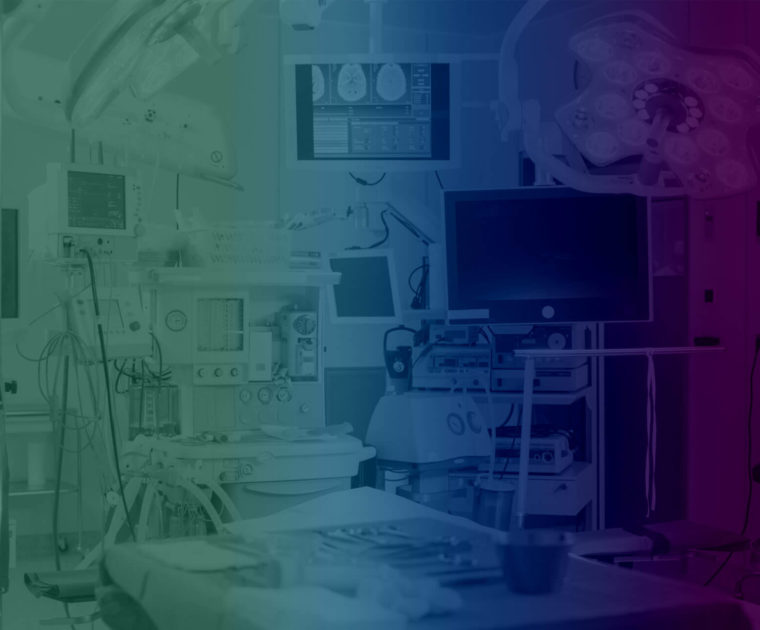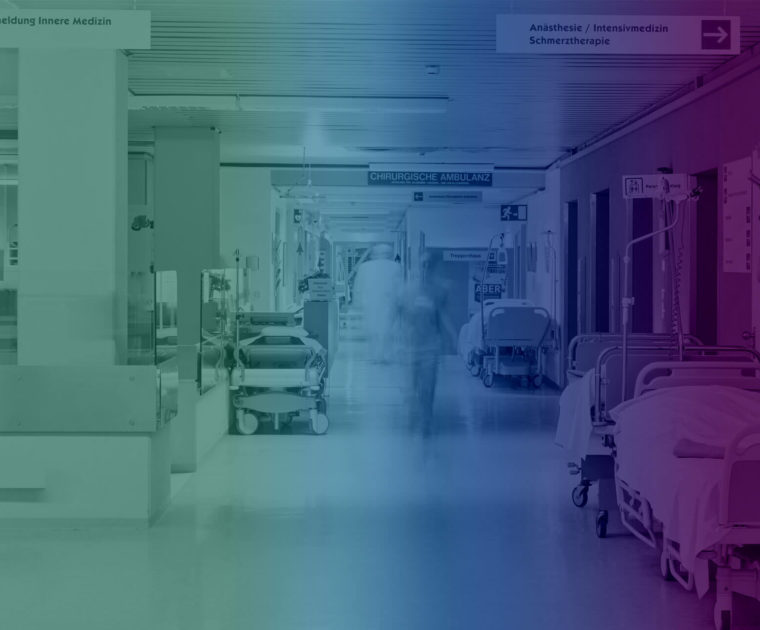It is essential to guarantee the prevention of occupational risks to all workers in health centers.
The famous popular saying “in the blacksmith’s house, a wooden knife” can well be applied to the prevention of occupational hazards in hospitals. The reason? That historically occupational health has not been especially considered in centers that, precisely, look after the health of people and patients.
A contradiction that in recent years, fortunately, has undergone an important paradigm shift. The job security of health workers begins to gain more and more strength. Especially, after situations as serious as those we have experienced with the coronavirus pandemic. But there is a lot of work to be done.
Hospitals are those large work centers whose activity encompasses the diagnosis, treatment and care of the sick. But, and sometimes even more important, with lives at stake, it is essential to value the work of professionals.









